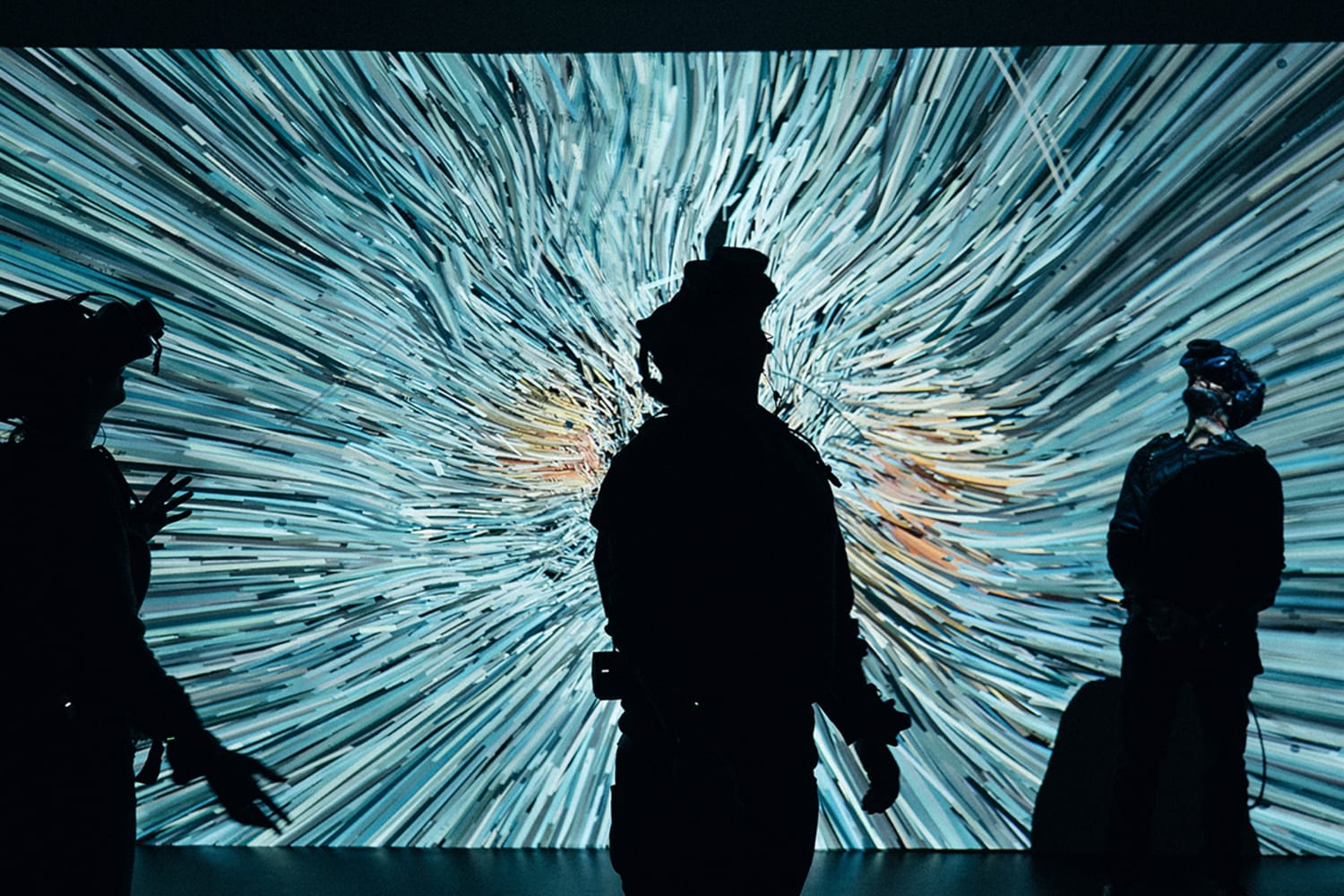In Japan, NTT Docomo and collaborating institutions are developing the world’s first sensation-sharing technology, which allows users to send movements or tactile sensations digitally. Docomo already has plans to build on its Feel Tech technology, enabling the sharing of other sensations, like taste, hearing, and even emotions.
Smell is the sensation that people least expect to play a role in immersive experience, and indeed olfaction is the least understood of our senses from a scientific point of view, yet research tells us that it is highly evocative, able to transport us instantly to another place or time by triggering memory. And experience designers are now experimenting with scent as a narrative device to engage viewers more deeply. At the 2022 Cannes Film Festival, Indian film director A. R. Rahman premiered Le Musk, a VR cinematic experience that tells the story of an orphaned heiress on the trail of three mysterious men, each with a distinctive scent. Sensory direction was provided by London-based multisensory extended reality studio The Feelies, which created bespoke scents. Viewers watched the film from immersive VR chairs by LA-based Positron which also incorporate motion, pitch, and haptics.
Japanese scent technology company Aromajoin is helping to bring multisensory experiences to the home with its Aroma Shooter, a digital scent device premiered at CES 2023. Designed for gaming or movies, the technology can synchronize smells to videos using “solid state” cartridges, instantly toggling between different scents.
It’s worth noting that there is a sweet spot for the intensity of sensory immersion. While 64% of people expect digital and virtual experiences to activate all their senses, 54% report finding multisensory experiences overwhelming. Seems like a conundrum, but researchers are already working on a solution. Adaptive entertainment can adjust to individual preferences based on various biomarker metrics tracked using artificial intelligence (AI) and affective technologies like facial recognition. Coltan Scrivner, a behavioral scientist at the Recreational Fear Lab in Aarhus University in Denmark, shared details of ongoing work to develop “a VR game that learns what you’re afraid of. The idea is that instead of scaring you as much as we can, we want to keep you in that sweet spot, where you’re having the most amount of fun.” Such interactions will get ever slicker, as Ian Beacraft, CEO and chief futurist at Signal and Cipher, explained at SXSW 2023: “It’s not just about creating with AI. It’s about relating with AI. We’re actually going to have some sort of relationship with it.”
Sensory Techtopias is a trend in VML Intelligence’s report, "The age of re-enchantment."




